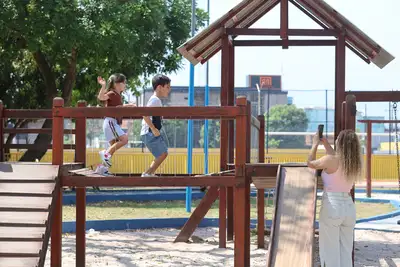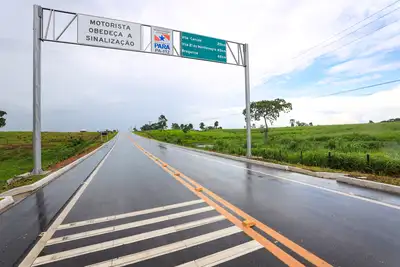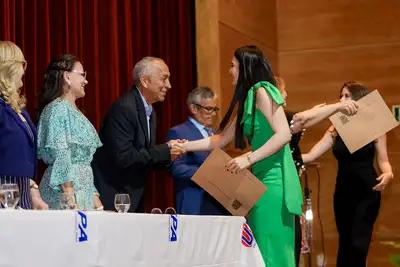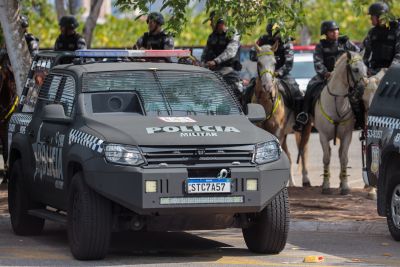Prosthetics made at CIIR restore self-esteem and quality of life to patients with visual loss
On National Glaucoma Blindness Combat Day, the institution highlights the importance of continuous care and pioneering prosthetic manufacturing service in Pará
In commemoration of National Glaucoma Blindness Combat Day, celebrated on May 26, the Integrated Center for Inclusion and Rehabilitation (CIIR) in Belém highlights its role as a reference in specialized care for people with visual impairments, including cases of total vision loss due to diseases such as glaucoma. The unit, linked to the State Department of Public Health (Sespa), has an ocular prosthetics workshop that has produced more than 100 customized units in the last three years.
Coordinator of the ocular prosthetics workshop at CIIR, Marcelo Carneiro explains that the service is intended for users referred by the ophthalmology service, already with an indication for ocular rehabilitation. “The user arrives here with the indication, and we carry out all the stages of rehabilitation. The prosthesis is made to be personalized, respecting the characteristics of the remaining eye. We mold the cavity, produce the sclera, and paint the iris based on the other eye, to ensure maximum resemblance to the natural appearance,” details the professional.
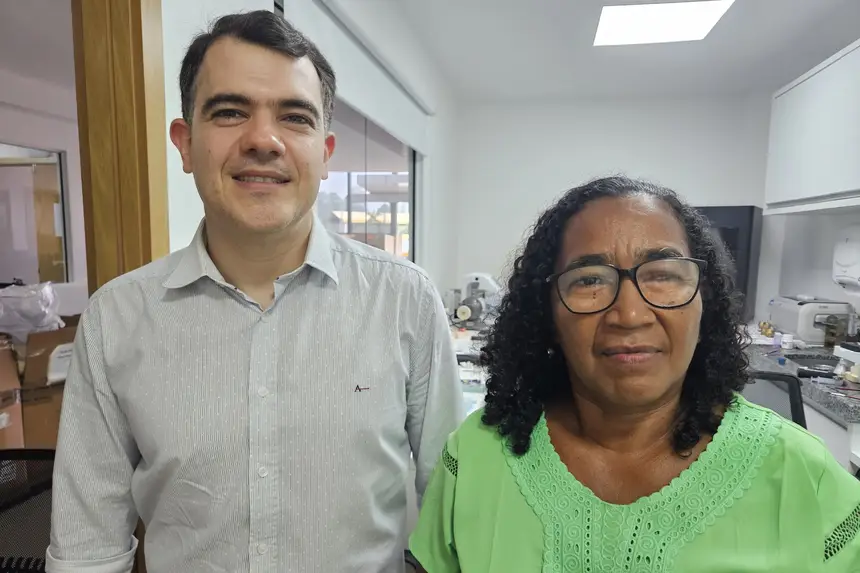
The production of the prosthetics is done entirely at the unit, which, according to Marcelo Carneiro, represents an important differential. “The entire process is carried out right here at CIIR. From molding to the finalization of the prosthesis, including characterization with veins, iris painting, and maintenance. The user does not need to travel to another location. We also offer follow-up after delivery, with periodic returns and replacements when necessary,” he adds.
The number of appointments has been gradually increasing, according to the coordinator. "We have already delivered more than 100 ocular prosthetics in the last three years, and the demand is only growing. Each month we have more users referred to our laboratory, which shows that the service is becoming increasingly known and valued by other health units," he observes.
Rehabilitation goes beyond aesthetics. In many cases, it represents the recovery of self-esteem and quality of life. This is the case of housewife Maria Antônia de Miranda, a resident of the municipality of Igarapé-Miri, who is in the process of receiving a new prosthesis. After losing vision in one eye, she faced difficulties in continuing her treatment. "I even thought about giving up because it’s hard to come alone. But my husband encouraged me, said I needed to take care of my sight. I am confident that with this new prosthesis I will stop feeling pain and will be able to do my things more calmly," she reports.
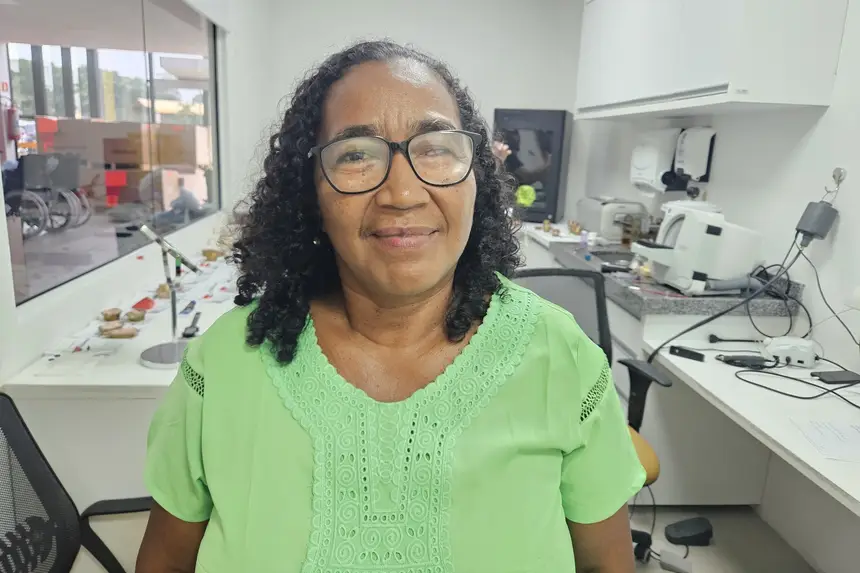
For Maria Antônia, rehabilitation also has an emotional significance. “You can feel it, you know? When you look in the mirror and see one eye similar to the other, it gives a sense of normality. Self-esteem improves, even though I have already gotten used to it. It will be worth it in the end,” she states.
Access - CIIR is a reference in Pará for medium and high complexity assistance to people with visual, physical, auditory, and intellectual disabilities. Users can access the Center's services through referrals from health units, welcomed by the Regulation Center of each municipality, which in turn refers to State Regulation. The request is analyzed according to the user’s profile by the State Regulation System (SRE).
Service: CIIR and Cetea are government agencies of Pará managed by the National Institute for Social and Human Development (INDSH), in partnership with the State Department of Public Health (Sespa). Cetea is located at Rua Presidente Pernambuco, No. 489, Batista Campos neighborhood, in Belém. CIIR is located at Rodovia Arthur Bernardes, No. 1000, also in the capital of Pará. For more information: (91) 4042-2157/58/59.
Text and photos: Danielle Carvalho - Ascom CIIR


